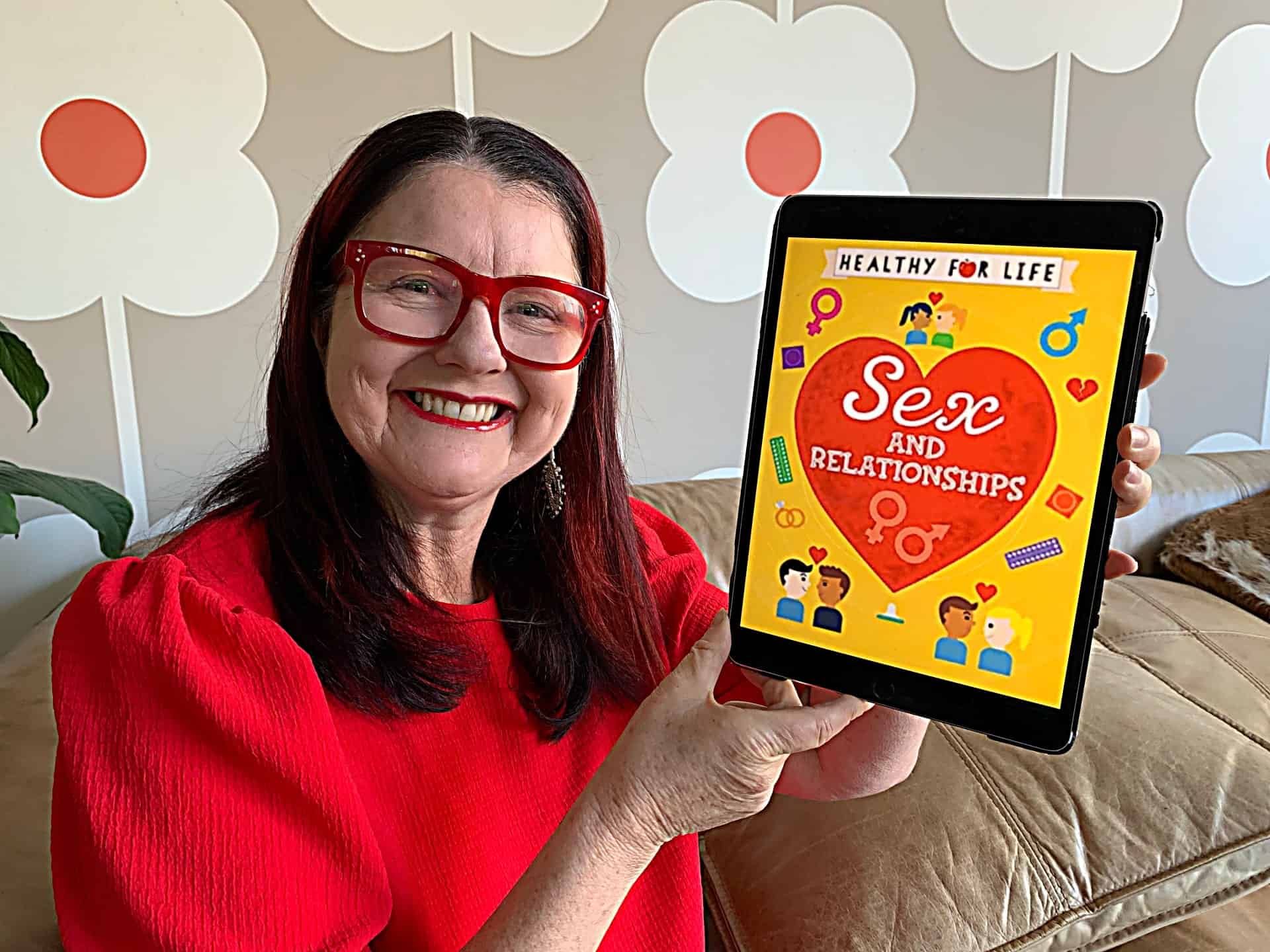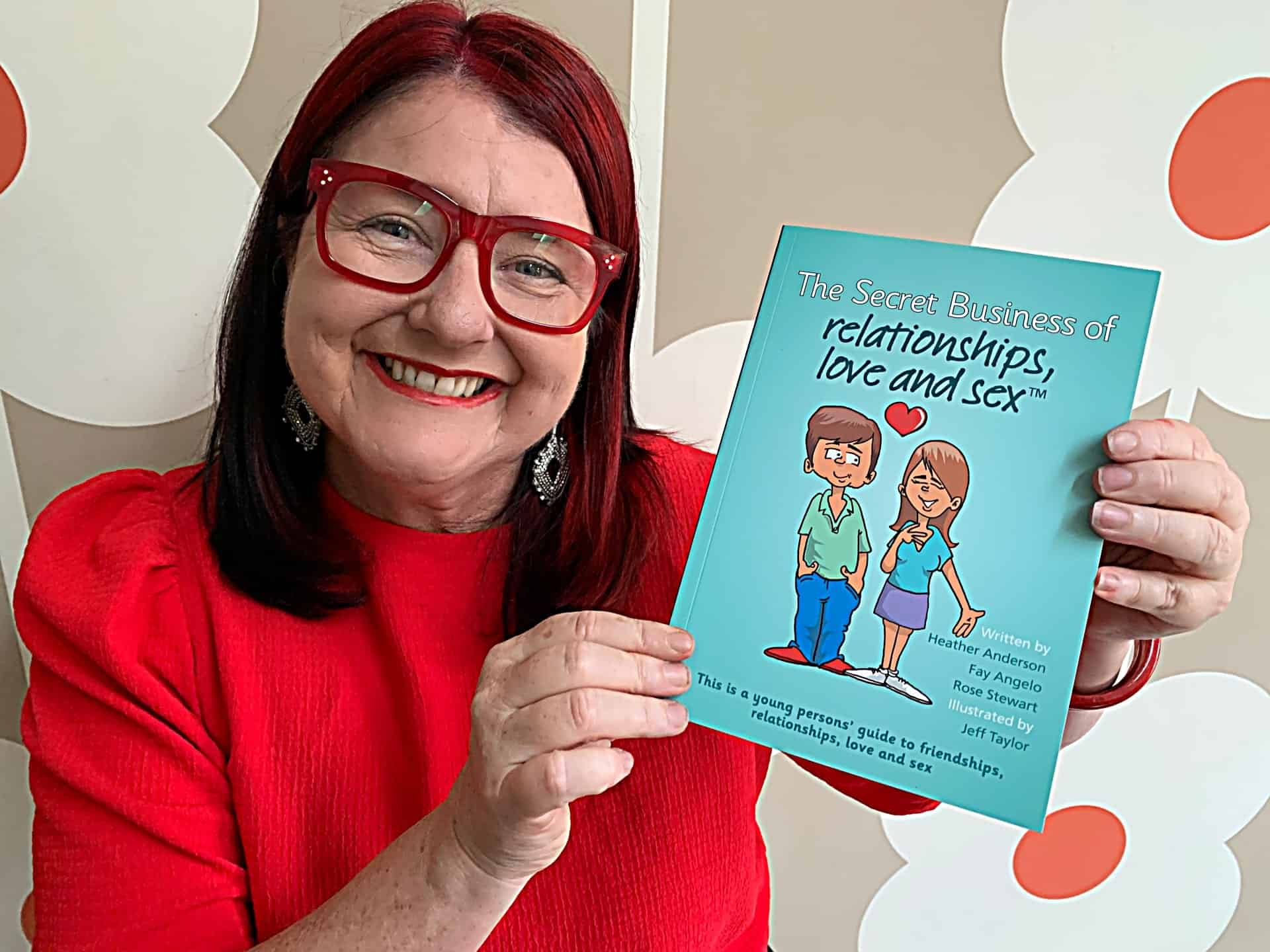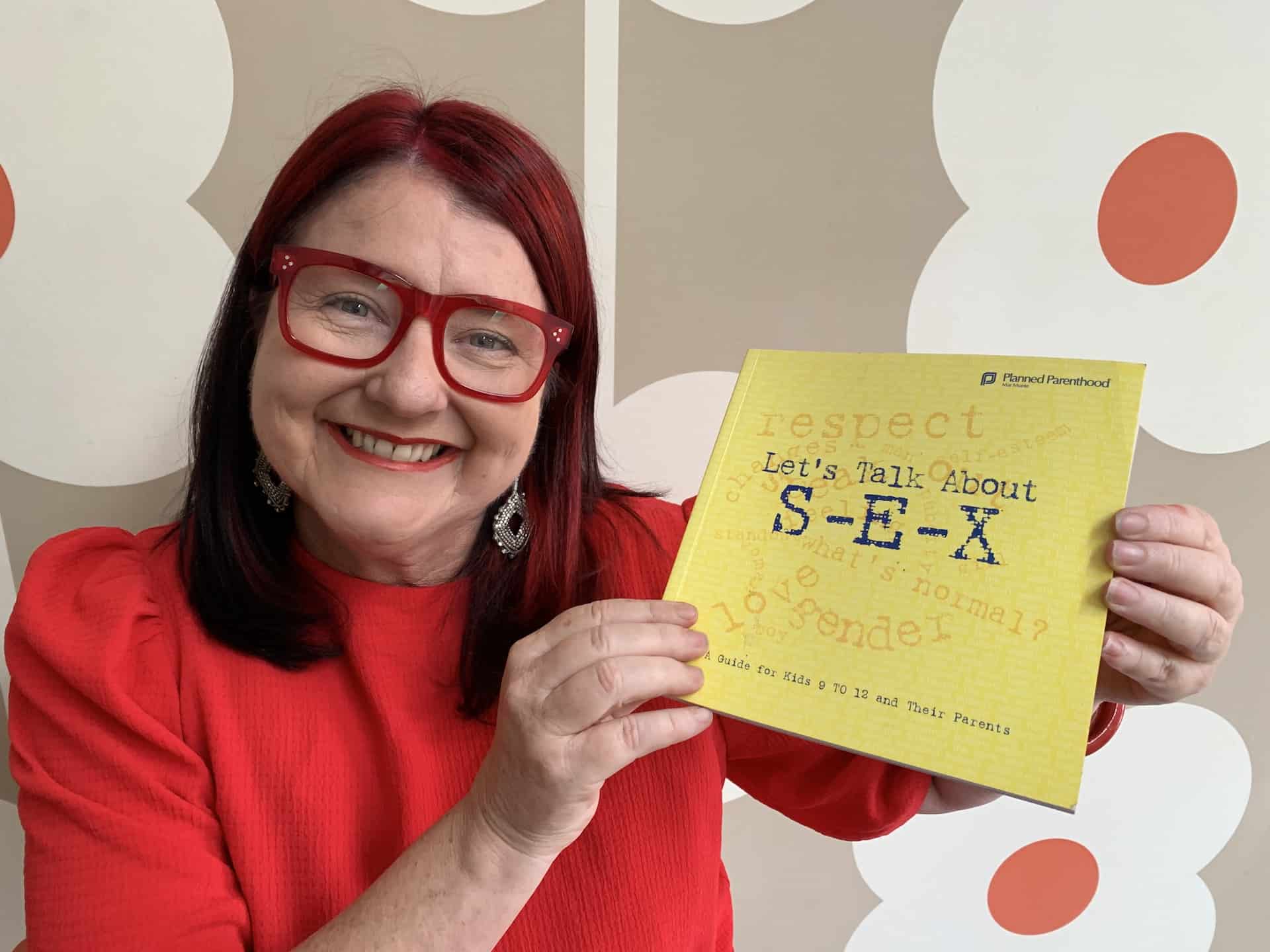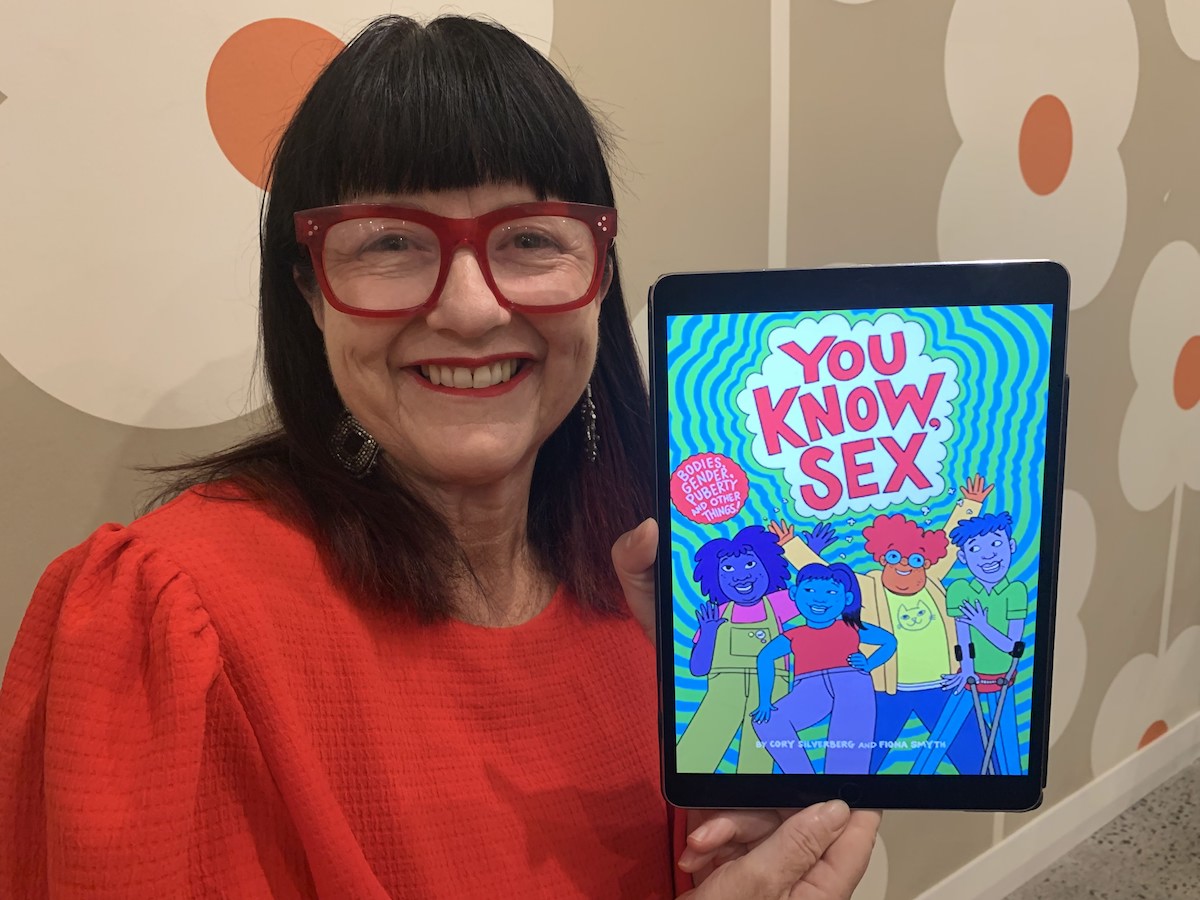How would you answer this question if your child asked you?
“What does virginity mean?”
Virgin birth, virgin airlines, a virgin phone contract, the word virgin has been used in a lot of contexts to often describe something that is unspoiled or untouched. Originally, the word ‘virgin’ described a woman who hadn’t had sexual intercourse and that as a result it was seen to make her pure, innocent and implied that she was more valuable.
In some cultures, there is still the belief that a woman’s first sexual experience causes her hymen to break and bleed, symbolising purity. This stems from societal norms that place an emphasis on female only virginity and perpetuate harmful stereotypes. This can then lead to shame, fear, taboo and discrimination.
Let’s face it. Society still often expects men to be sexually experienced and open about it, while women who do the same, face stigma and can be devalued and disrespected. Men, similarly can feel shame and embarrassment around ‘being a virgin’ should they choose not to have sex, or want to wait, or perhaps do not find a partner.
So, whatever and whenever you believe a person should have sex for the first time it’s important to emphasize equality, consent, pleasure for all, intimacy and connection so that your child will know that they are the boss of their body and that they have a voice and a choice.
‘What is a virgin?‘ is not simple to answer. This question involves personal values and cultural beliefs that varies from person to person. It can depend on things like religious beliefs, individual beliefs and values. For example, some people believe in abstinence until marriage, while others don’t.
Talking with your kids about virginity naturally connects with discussions about sex and why people have sex – see my recent blog here why do people have sex.
So, as I always say, it’s all naturally part of ongoing lifelong conversations. Thank goodness because you couldn’t possibly talk about why and when someone should have sex for the first time in one conversation.
Before you answer the question with your child “What does virginity mean?” why not ask yourself. “What does virginity mean to me?” because it can mean different things to different people. What are your values and beliefs about virginity? Are they different now to what they were when you were younger? Do you want your children to understand virginity in a different way to what you understood when you were growing up? Understanding what you believe can help you to explain your answer to your child. Whatever you believe, abstinence or not, it’s important to know what and why you believe, and how to explain this to your child in a positive shame-free and open way.
Something also to consider when answering this question is that in our society sex is also frequently defined as vaginal intercourse between a woman and a man but its meaning has expanded over time to include diverse expressions of sexuality and involves other sexual activities including oral and anal sex. In other words, sex means different things to different people so having sex for the first time can also be done in different ways and expressed differently. So, it’s important to approach this question with an understanding that people hold diverse beliefs and opinions.
Making the choice to have sex for the first time is a big decision. It can involve your physical, emotional, spiritual, and social well-being. It’s also important to know the consequences that can happen such as pregnancy and sexually transmitted infections from vaginal, anal, and oral sex.
With all of these things in mind here is a possible way that you can answer when your pre-teen asks you “What is virginity?”
“That’s a great question. Thanks for asking me. I was wondering where did you hear the word virgin?” A virgin is someone who has never had sex and this is sometimes called losing your virginity. I prefer to call it having sex for the first time because you don’t lose anything and sex is nothing to be ashamed or afraid of. It should also happen in a relationship that is safe, loving, respectful, close, kind and caring. They might be married but they might not be but they definitely need to consent to sex otherwise it should not happen. Sex should be a wonderful special connection with someone, when a person is ready, sex should also feel great. Sex is a decision that people should make for their own bodies and never be forced, bribed or pressured.
In our family we believe that it’s important to / be in a loving committed relationship/ wait until marriage/ be the age of consent/ before you have sex for the first time. We believe this because……………..
I will always love you no matter what you believe and decide to do and I am always here to talk about anything to do with sex. Do you have any other questions?”
Final Words
It’s our responsibility as parents to prepare our children for healthy, safe, and respectful relationships. Starting young and having open and honest conversations can help them understand what sex means, empowering them to make informed, wise and safe decisions and this includes having sex for the first time.










